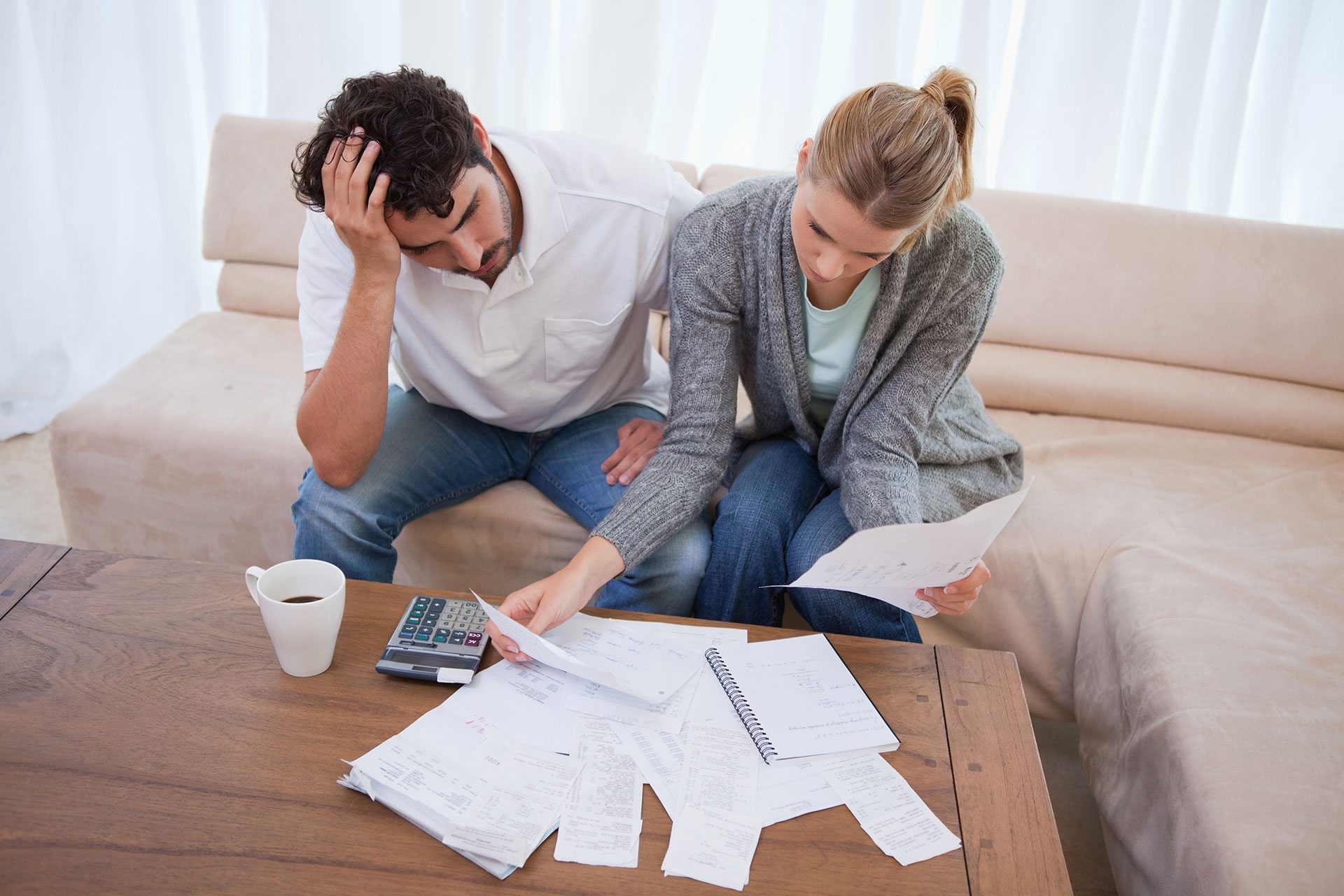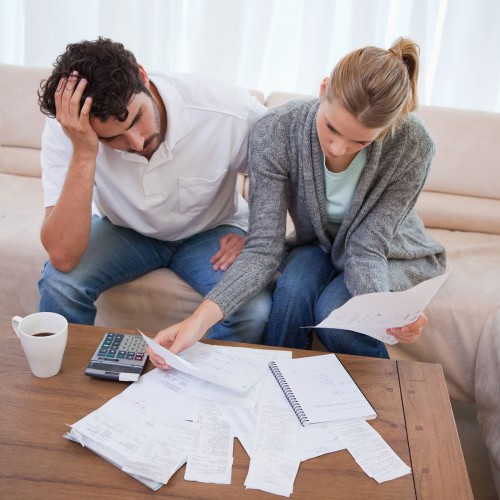Are you crumbling under the weight of debt? By organizing and reviewing your spending habits, you can escape debt and avoid personal bankruptcy.
Know you’re not alone: in 2018, the indebtedness ratio of Canadian households reached a record 169%.
The first step is facing reality and taking charge of your finances today.
Here are a few practical tips and solutions to help you avoid bankruptcy.

Having a game plan: budget and debt classification
A budget is the compass that will guide you back towards the path to financial health. If you’re not too handy with Excel spreadsheets, some apps can make it easier for you.
High interest debts, such as credit cards, are the worst. For example, if you have a credit card balance of $1,000 at a 20% interest rate and a line of credit with a balance of $1,500 at a 10% interest rate, you’re better off repaying your credit card first even if it has a lower balance. Sometimes, it’s the smallest debts that wind up being the most expensive!
It remains important, however, to make all your minimum monthly payments. One common mistake is to make one huge payment on a single debt and neglect the minimum monthly payment on another.
Don’t play hide-and-seek with your creditors if they are trying to reach you. Call them if you think you won’t be able to fulfill your obligations. Some institutions may show leniency and grant you extensions without affecting your credit rating.
Consolidating your debt
This option may still be available to you if you’ve kept up good payment habits and your credit rating is above the minimum required by lenders. It consists of gathering all your consumer debt under a single loan with an interest rate usually ranging between 8% and 15%. Not only will this simplify your budget management, but it should bring down your interest fees as well.
However, the lending institution will generally request that you keep no more than one credit card or line of credit. Since the goal of your consolidation is to get you out of debt, a limited access to credit is necessary.
Take a look at our debt consolidation calculator an excellent tool to help you evaluate your situation yourself.
Increase your revenue
Sure, that’s easier said than done. But remember, getting out of debt requires sacrifice, whether that be taking on a second job or getting rid of some possessions.
With a sharing economy such as Airbnb’s, it’s also possible to earn a second income.
Avoid saving up money in low-interest saving accounts while significant credit card debt builds up. Your savings may wind up costing you money!
Of course, everything depends on your particular situation and financial considerations.
Consumer proposal
By going through a trustee, you can suggest a final settlement to your creditors that will be inferior to your total debt. If most of them accept, your interest fees will be curbed and your assets will be protected. The consequences should be less severe than bankruptcy, but you will nonetheless have trouble getting credit for a period of time.
Key takeaways
- You have to face reality head-on and be ready to change your consumer habits. A budget is a crucial tool.
- Debt consolidation can lower your interest fees and simplify payment management.
- Consumer proposal is a last resort before declaring bankruptcy.

